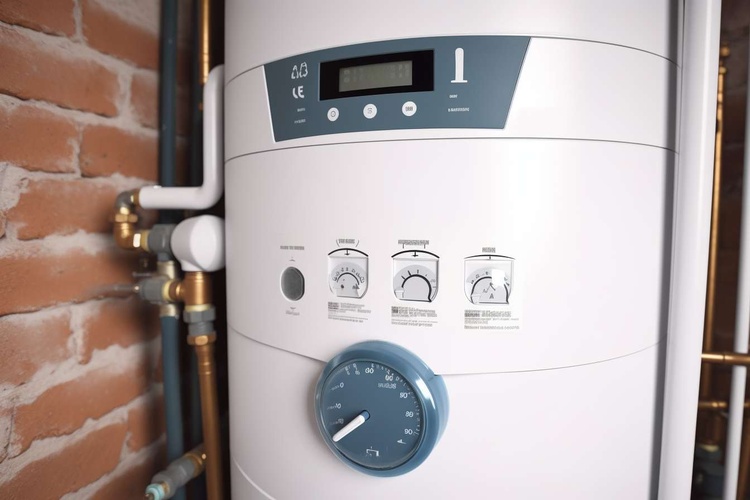Whitening or Implants? A Practical Guide to Improving Your Smile
A radiant smile can boost confidence and leave a lasting impression. When it comes to enhancing your smile, two popular options often come to mind: teeth whitening and dental implants. While both procedures aim to improve your smile, they serve different purposes and have distinct advantages. This guide will help you understand the differences between teeth whitening and dental implants, their costs, and which option might be best for your smile restoration goals.

What are teeth whitening and dental implants?
Teeth whitening is a cosmetic procedure that aims to lighten the color of your natural teeth, removing stains and discoloration. It can be done professionally at a dental office or at home using over-the-counter products. Dental implants, on the other hand, are artificial tooth roots surgically placed into the jawbone to support replacement teeth. They are a permanent solution for missing teeth and can significantly improve both the appearance and functionality of your smile.
How do teeth whitening and dental implants differ in their approach?
The primary difference between teeth whitening and dental implants lies in their purpose and methodology. Teeth whitening is a non-invasive, cosmetic procedure that enhances the color of existing teeth. It’s ideal for those with healthy teeth that have become discolored over time. Dental implants, however, are a restorative procedure that replaces missing teeth entirely. They involve oral surgery and a healing period, but provide a long-lasting solution that looks and functions like natural teeth.
What factors should you consider when choosing between whitening and implants?
When deciding between teeth whitening and dental implants, consider your specific dental needs and goals. If you have all your natural teeth and are mainly concerned with their color, teeth whitening might be the best option. However, if you have missing teeth or severely damaged teeth that need to be replaced, dental implants would be more appropriate. Other factors to consider include your overall oral health, budget, and the long-term maintenance required for each option.
How long do the results of teeth whitening and dental implants last?
The longevity of results differs significantly between these two procedures. Teeth whitening results can last anywhere from a few months to a couple of years, depending on your oral hygiene habits and lifestyle factors like smoking or consuming staining foods and beverages. Touch-ups may be needed to maintain the desired level of whiteness. Dental implants, when properly cared for, can last a lifetime. The crowns attached to the implants may need replacement after 10-15 years, but the implant itself can remain functional for decades.
What are the latest advancements in smile restoration procedures for 2025?
As we look towards 2025, smile restoration procedures are becoming more advanced and patient-friendly. For teeth whitening, we’re seeing the development of more effective and less sensitive whitening agents, as well as the integration of LED light technology for faster results. In the realm of dental implants, advancements in 3D printing and digital scanning are making the process more precise and less invasive. Additionally, new biomaterials are being researched to improve the integration of implants with natural bone tissue.
How do the costs of teeth whitening and dental implants compare?
The cost difference between teeth whitening and dental implants is substantial, reflecting the complexity and longevity of each procedure.
| Procedure | Provider Type | Cost Estimation |
|---|---|---|
| Professional Teeth Whitening | Dental Office | $300 - $1,000 |
| At-Home Teeth Whitening | Over-the-counter | $20 - $100 |
| Single Dental Implant | Dental Specialist | $3,000 - $6,000 |
| Full Mouth Dental Implants | Dental Specialist | $30,000 - $50,000+ |
Prices, rates, or cost estimates mentioned in this article are based on the latest available information but may change over time. Independent research is advised before making financial decisions.
Teeth whitening is generally more affordable, with professional treatments costing between $300 to $1,000, while at-home kits can range from $20 to $100. Dental implants are a significant investment, with a single implant typically costing between $3,000 to $6,000. Full mouth dental implants can range from $30,000 to $50,000 or more, depending on the number of implants needed and the complexity of the case.
When considering costs, it’s important to factor in the longevity of the results. While teeth whitening is less expensive upfront, it may require regular touch-ups. Dental implants, though more costly initially, can last a lifetime with proper care, potentially offering better long-term value for those needing tooth replacement.
In conclusion, both teeth whitening and dental implants can significantly improve your smile, but they serve different purposes. Teeth whitening is a cosmetic solution for discolored teeth, while dental implants provide a functional and aesthetic solution for missing teeth. Your choice should be based on your specific dental needs, budget, and long-term oral health goals. Consulting with a dental professional can help you make the best decision for your unique situation and ensure you achieve the smile you desire.
This article is for informational purposes only and should not be considered medical advice. Please consult a qualified healthcare professional for personalized guidance and treatment.




